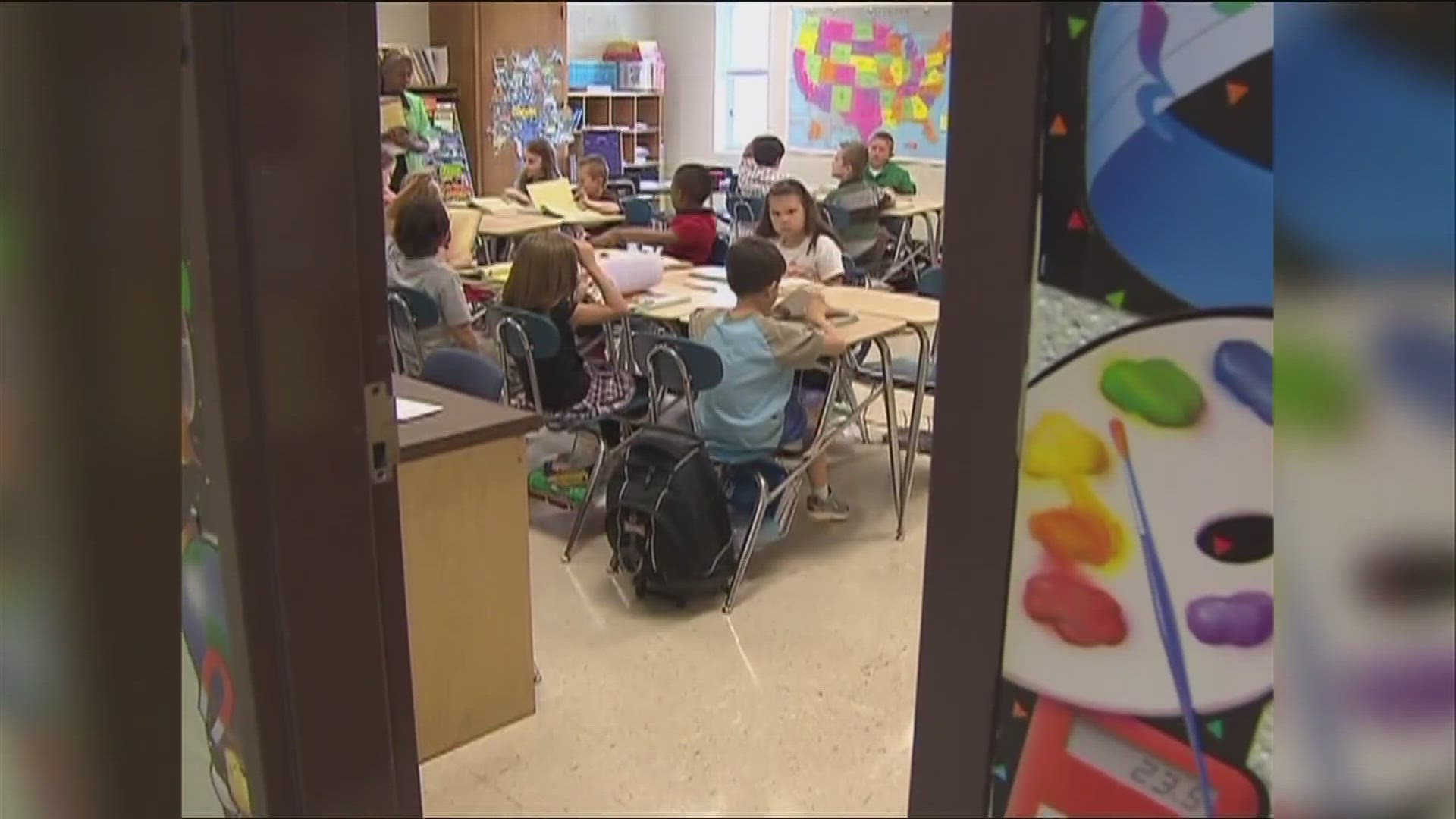SAN DIEGO — A doctor at Rady Children's Hospital is calling attention to the rising lifelong diagnoses of attention deficit or hyperactivity disorder known as ADHD among kids.
However, the doctor also notes that 60% of children with ADHD have another mental health concern.
In 2018, a study published in JAMA found that one in 10 children in the U.S. is diagnosed with ADHD.
Dr. Willough Jenkins, a behavioral health psychiatrist at Rady Children’s Hospital says the number of its patients diagnosed with ADHD rose 30% since the pandemic.
“A lot of people think that ADHD is just children who can't pay attention, but they also do have an ability to hyperfocus,” said Jenkins.
She says there are also myths that the condition is overdiagnosed.
“Particularly in certain populations, young girls, and minority populations or underserved populations, we know for sure that ADHD is actually underdiagnosed,” said Jenkins.
She says girls with ADHD are two times less likely to be diagnosed with ADHD. They often show behaviors of being inattentive or daydreamers.
The psychiatrist says studies are being done on why there is a rise in ADHD in children.
Jenkins says more children are not necessarily developing ADHD rather there's been more awareness since the pandemic when parents were home with their kids.
It's also been destigmatized, and there's a barrage of information in what she calls a ‘culture of distraction.’
“Whether it's phones, beeping, social media alerts, teachers asking for assignments, school and sports, our children are really being bombarded with lots of different things to struggle to compete for their attention,” said Jenkins.
Parents can help regulate by limiting screen time and app notifications, but most importantly Dr. Jenkins says parents shouldn't confuse ADHD with anxiety or autism.
Jenkins says 60% of children with ADHD also have another mental health condition.
“The added complicating factor is that children with ADHD are at higher risk to have anxiety also. And so, it is very important to tease apart what anxiety, what worries that are causing a child not to focus or seem distracted, or not be present. And what actually is the ADHD the attention regulation piece,” said Jenkins.
She encourages children to undergo a clinical assessment with a pediatrician or psychiatrist.
“There's no reason that you have to be paying thousands of dollars to get a diagnosis of ADHD. It's based on an interview, talking to a parent, talking to the child, and sometimes talking to the teachers as well. There's no blood test for ADHD. There's no head scan for ADHD. It's just based on that interview,” said Jenkins.
Doctors say in addition to treating ADHD with medication, there's therapy, coaching and parents should involve their child in the conversation that way they can feel empowered about a treatment plan.
“When people are thinking, 'should I get my child assessed?' And the common thing I hear is, ‘they're just going to want to put my child on medication.’ And I want to assure parents, that's not the case at all, early identification is so helpful, because then we can plan for your child as they're entering school,” said Jenkins.
There’s a high genetic risk with ADHD. Jenkins says a child has a 60% of having ADHD if their parent has it too.
To learn more about ADHD and its diagnoses and treatment click here.
WATCH RELATED: County and Rady Children's Hospital honor paramedics, emergency medical technicians (May 2023).

